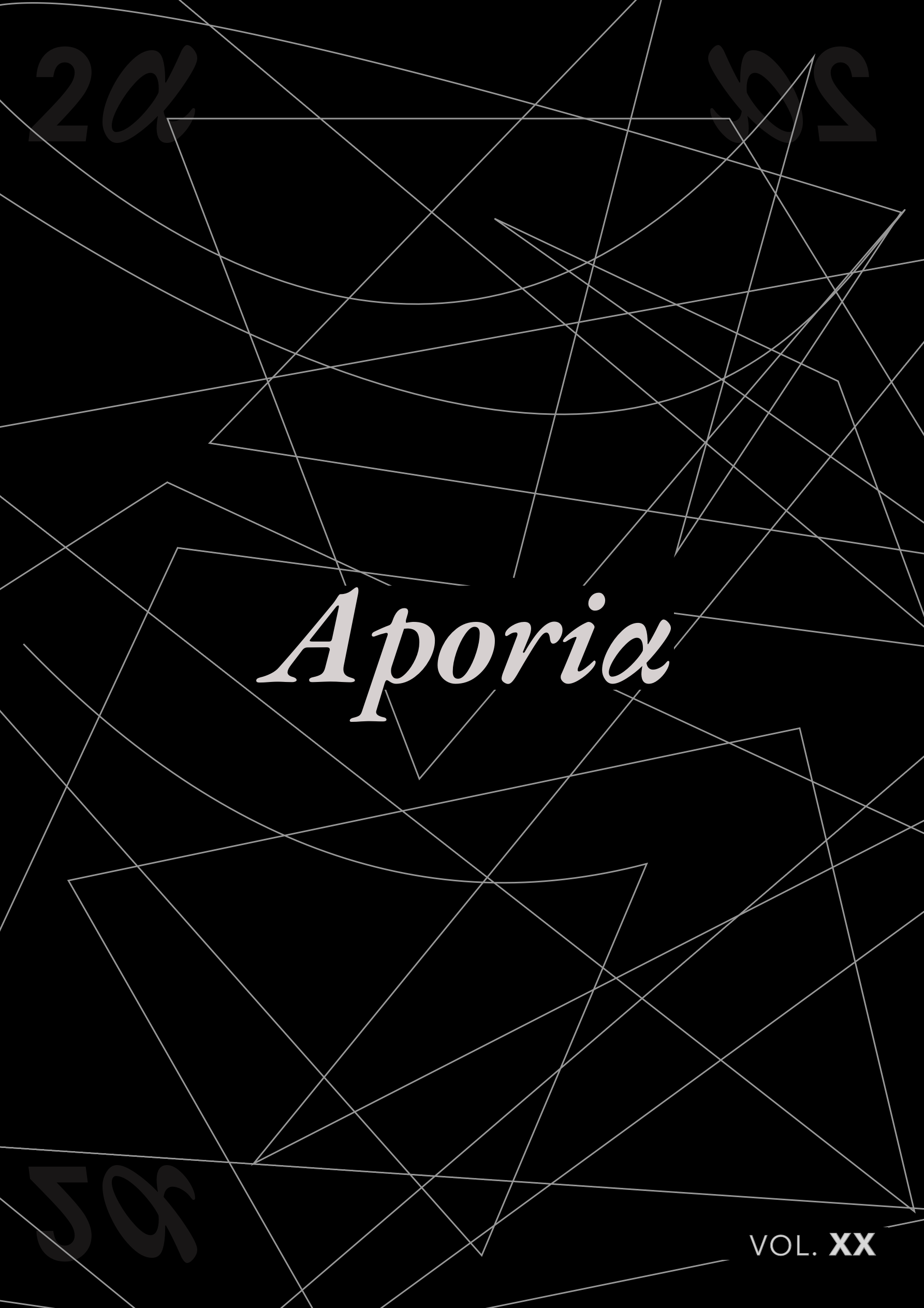Does Metalinguistic Negotiation help with Conceptual Ethics?
Main Article Content
Abstract
Suppose a speaker states, “a fetus is a person,” to which her conversational partner replies, “a fetus is not a person,” and that their claims go beyond merely disagreeing (descriptively) about what the concept PERSON means. That is, the speakers are actually disagreeing (normatively) about what PERSON should mean, highlighting the dispute’s normative, metalinguistic dimension. David Plunkett refers to this dispute as a ‘metalinguistic negotiation’. There seems to be a gap between metalinguistic negotiation and the field of Conceptual Ethics, regarding the extent to which metalinguistic negotiation is connected to Conceptual Ethics. This missing link motivated me to explore if metalinguistic negotiation can help with Conceptual Ethics. I argue that the extent to which metalinguistic negotiation can help Conceptual Ethics, in terms of unifying Conceptual Ethics’ projects to achieve shared goals, depends on which model of metalinguistic negotiation we utilise.
To explore my argument, I do six main things. First, I define Conceptual Ethics and offer an example of a defect concept. Second, I outline and discuss Plunkett’s view, his model of metalinguistic negotiation, its strengths, and how it helps Conceptual Ethics. Third, I explore Plunkett’s model’s main weaknesses, identifying a dilemma. Fourth, I briefly consider and object to a suggestion attempting to salvage Plunkett’s model. Fifth, I propose a reinterpreted model of metalinguistic negotiation, the Elasticity Model, utilising Speech Act Pluralism. In the proposal section, I introduce Speech Act Pluralism, bridge Speech Act Pluralism and metalinguistic negotiation, and outline the Elasticity Model. Thereupon, I investigate the Elasticity Model’s strengths and the ways in which it could help Conceptual Ethics. In particular, I attempt to demonstrate how the Elasticity Model can help Conceptual Ethics more than Plunkett’s model can, particularly as the Elasticity Model avoids Plunkett’s dilemma. Lastly, I raise and respond to numerous objections against my position.
Article Details
Author's retain copyright, but give their consent to Aporia to publish their work.

